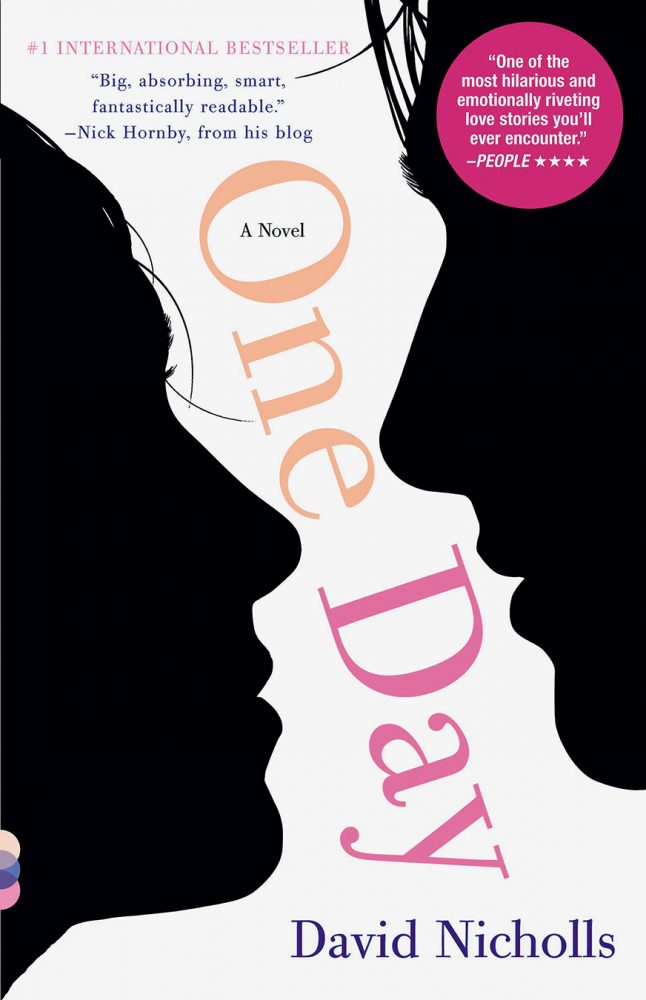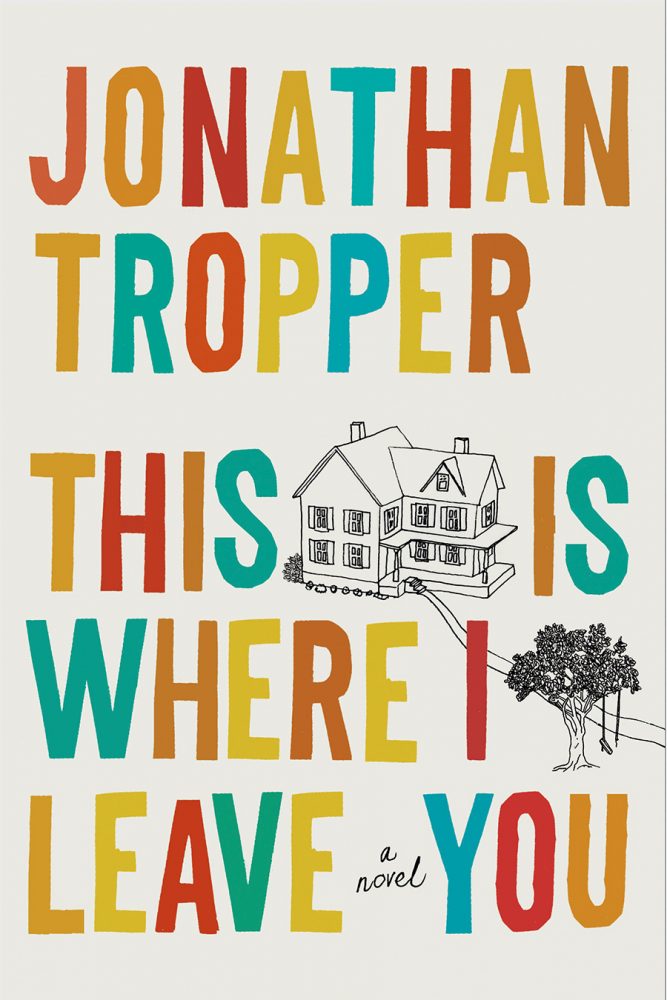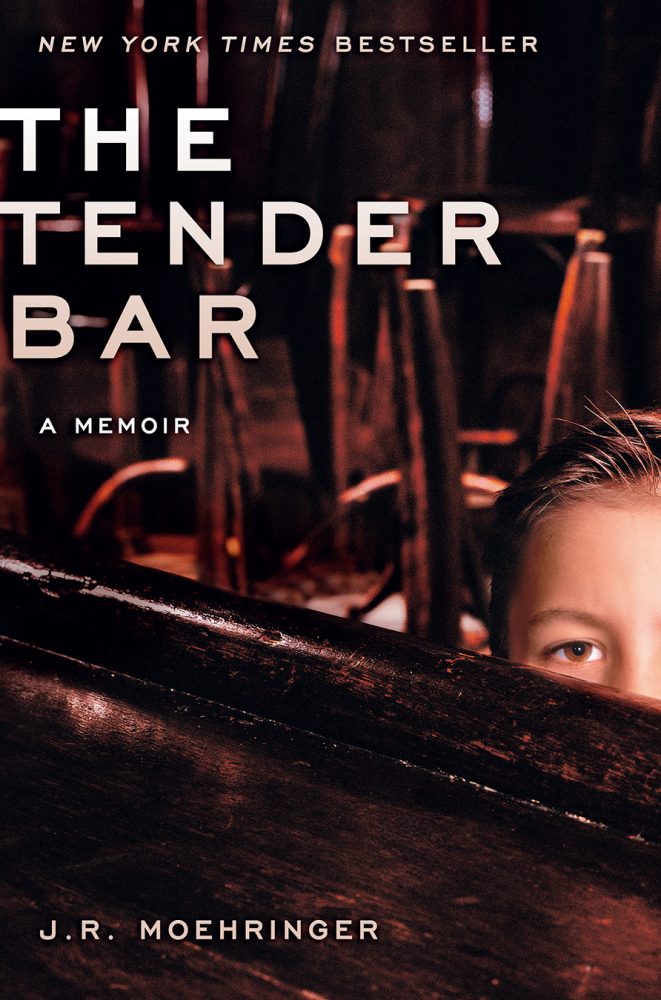Love is the land of the bait and switch. It promises freedom but instead provides boundaries, compromise and a certain level of disappointment. Or so it seems in three funny, beautiful and unutterably romantic novels by David Nicholls, Jonathan Tropper and J.R. Moehringer. In these books, as in life, unchained hearts are as likely to get run over as they are to soar.
David Nicholls’s One Day has a structure as distinctive as a certain kind of relationship; the kind in which a smart, middlingly attractive person has an almost-relationship with a too-good-looking person. The novel visits such a relationship on the same date—July 15—over successive years. Emma Morley is as sincere as Dexter Mayhew is glib. At graduation, they spend one night together and go their separate ways. Dexter moves effortlessly into a career as a TV presenter and a life filled with slick people and parties and great drifts of cocaine. Emma goes from a depressing community theatre gig into a job at an appalling Tex-Mex restaurant. The two keep in touch, and their friendship persists, is strained and changes.
Then, as emotional and fictional justice demand, Emma’s hard work begins to pay off. She becomes a best-selling teen novelist; bless her heart! And Dexter, though still beautiful, starts his slide into obscurity and disrepute. Though the dynamic is familiar, it doesn’t prepare the reader for how hilarious and emotionally sharp this novel becomes. Nicholls explores both characters’ perspectives with such wit and honesty that, as their futures unfold and love beckons, I dare you to look away. You’ll never forget them.
Judd Foxman, the hero of Jonathan Tropper’s This is Where I Leave You, is as bitter as Dexter is oblivious. The novel’s action occurs during the shiva for Judd’s father, an occasion that puts a fractured and dyspeptic family in uncomfortably close quarters. Judd is also in mourning for his marriage, which recently ended under inauspicious circumstances (think Dan Savage sexplanation column, a birthday cake and the fire department, and you’ve got the idea). Judd is dragged out of his squalid bachelor hidey-hole and forced to confront the world, or at least the world of his family. Old grievances (and new ones) between him and his siblings—and with his underdressed and surgically over-endowed psychologist mother—burst to the surface like boils. At the same time, Judd begins to acknowledge how much he misses his ex-wife, Jen. When she appears, his drama of punishment begins, one act of which involves a severely misguided episode with his sister-in-law. At the heart of this story is how the Foxman family dynamics have affected Judd’s ability to be a husband. Tropper’s book is a hysterical, oddly touching, and bracingly written story about love and family, and the messy intricacies entwined between them.
The Tender Bar, by Pulitzer winner J.R. Moehringer, is a memoir of many loves. It’s a homage to Dickens (later Publicans), the bar that was Moehringer’s spiritual home. It’s also a tribute to his single mother, to the two apparently agoraphobic bookstore employees who encouraged his love of good books, to his first serious girlfriend and to Yale University. Only a writer of Moehringer’s talents could render such an emotional concoction into story without sliding into sentimentality. The author, abandoned by his DJ father, longed for male role models, and the regulars and barroom philosophers of Publicans took him in. They taught him what it means to be a good man, a bad man and everything in between. They also schooled him in the fine art of letting go.
One minor but unforgettable character in The Tender Bar is a man called Fuckembabe, so called because he speaks a mystery language of his own devising and ends each sentence with that phrase. The sentiment it entails sums up a critical point in all of these books, in which each protagonist, baffled and burned by love, decides to give up. Our heroes try to disappear into their individual worlds of sex and booze and fights. But “fuckembabe”, as a strategy for life, proves inadequate, as any romance writer worth her word processor could have told them. All three men are forced to move beyond it into that uneasy, constantly negotiated territory of real love, which is as full of sadness as it is of joy.











